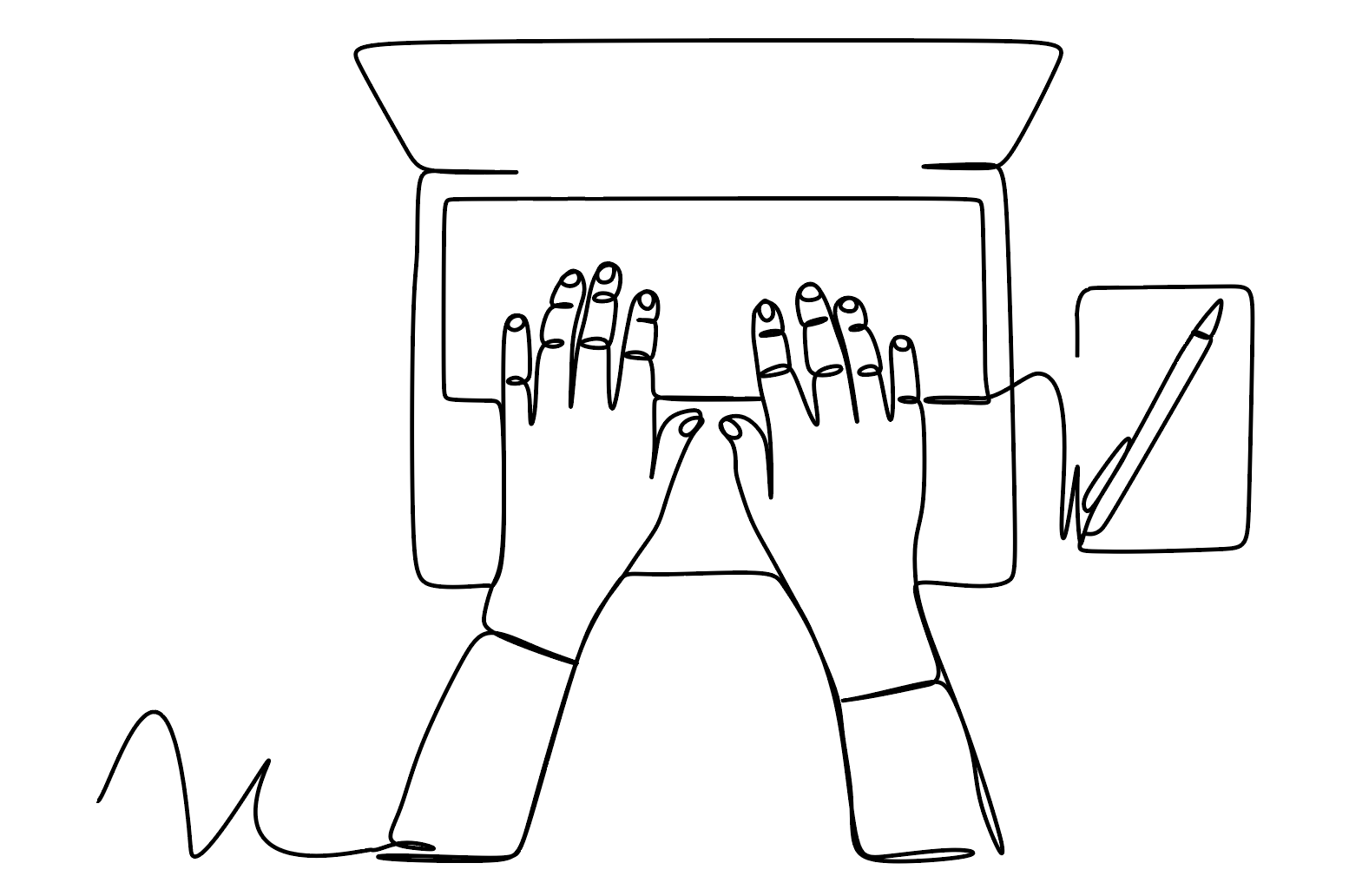If the average person in our extremely online world is just a single ‘like’ from being swept away by an endless wash of feeds, grids, and comment sections, then it’s easy for those of us who work behind the social media curtain to feel like they drowned in it a long time ago. When you spend the majority of your day moderating, deflecting or validating countless instances of every version of outrage, it’s easy to lose the sense of discernment during community management that’s key to being able to navigate strongly held viewpoints that are all coming from very different places.
We’ll call this side effect ‘outrage illiteracy’. This is only compounded by the fact that when a brand engages directly with an online consumer they’re supposed to take the viewpoint of least resistance, which tends to be a passive expression of whatever the least controversial version of the status quo is. Or you just, you know, delete one comment, banish another to the hidden section, and move on.
Take for example John. Well John, he just isn’t happy with the amount of vegan content making its way onto his feed in the midst of this so-called “Veganuary” that’s being foisted upon him.
Even his favourite fast-food brand has hopped on the bandwagon, and is proudly posting about it! So he takes to the page of the aforementioned brand, hops on the offending post, and makes his disgruntlement known. He disagrees with the veganism, and is unhappy with a brand that he himself identifies with identifying with a lifestyle that he is in complete opposition to. And for good measure he throws in some less than generous words for what he thinks of people that do follow that lifestyle.
Then we have Taylor. Taylor also follows this same fast-food brand, and they take offense with some of the wording of a different post on the grounds of gender identity. Now, as the community manager of this page you are the first point of contact for both of these individuals. Your brand manager doesn’t want you taking sides on any “debate”, unless it’s obviously lighthearted and superficial, or so categorically offensive that anyone but a seasoned troll wouldn’t find it immediately abhorrent. So, having diagnosed John and Taylor’s comments as similar enough symptoms of run-of-the-mill online outrage, you treat them with the same scalpel, and either hide or ignore the comment, and then move on.
This is outrage illiteracy, and all it takes are a few seconds of examination to identify why.

John’s outrage stems from being a meat-eater irked by the outsized representation of plant-based diets on his feed. Now meat-eaters are about as majority a UK demographic as you can be so it’s safe to say his outrage comes with all the privileges and insulation against meaningful discrimination that being bang smack in the middle of the “norm” brings with it. Now Taylor – who identifies in their comment as gender non-comforming – expresses outrage on the basis of gender discrimination. It is a gross understatement to say that the UK trans-community is statistically dwarfed by the meat-eaters. And it’s self-evident to the point of banality to point out that there is a vast disparity in the levels of marginalisation and discrimination that the trans community is on the receiving end of compared with people who have meat in their diet (although John might disagree). It follows then that there is a marked difference in the positions of privilege in both commenters: so far so self-evident.

But then again, isn’t all this a bit much perhaps? This is just a comment on a bloody fast-food brand after all. It’s hardly fertile ground for a hate crime in waiting. And there was certainly no intent to offend either John or Taylor when the either piece of content were being created. After all, agencies often have the unenviable task of pleasing everyone and offending no one – which can result in content that has no defining trait beyond its own blandness. Plus you’ve got a whole working day to get on with: why bother getting caught up in another minor skirmish in the supposed “culture wars”? So, even though you acknowledge the wildly different levels of privilege both commenters are operating under, you compartmentalise both of their reactions as disproportionate compared to the relatively low-stakes nature of your content, and you move on.
But by doing this, by lumping the reactions of marginalised individuals in with individuals who represent the status quo – is outrage illiteracy.
Now I’m not suggesting that every criticism that appears to come from someone outside of the privileged mainstream of UK society deserves your brand’s attention. Coming from a marginalised demographic lends credence to a critique, but that doesn’t make the criticism itself inherently valid. And on a more practical level you have finite time to engage with consumers, as well as a limited amount of emotional bandwidth.
Advertising is an overwhelmingly white, middle class, and (to a lesser extent) male industry, so it stands to reason that on the exceptionally democratized playing field of social media advertisers will come into contact with consumers from backgrounds very far removed from their own experience. Our own biases – paired by the fact it is a lot harder to act empathetically when all you’re presented with is an avatar on a screen – can then lead to us as content creators and moderators feeling attacked by any form of critique that comes from a background other than our own. If we don’t share another demographic’s lived experience, then we’re far less likely to relate to the criticism they’re voicing. And sure, you might retort that treating some viewpoints with more consideration than others is its own form of discrimination, particularly if it seeps into the voice of the brand you’re communicating as. Perhaps. But brands can’t have it both ways.
Companies and brands have rightfully gotten stick for superficially co-opting identities they had previously either ignored the existence of, or even worse, actively marginalised up until the point it was no longer profitable from a PR standpoint to do so. Think countless corporations adopting the pride rainbow after years of outright erasure of the queer community, or fashion brands going dark during the George Floyd protests, without turning their gaze inward on the lack of diversity and equality within their own organisations. These brands (well, some of them) have rightfully apologised for speaking on the behalf of individuals whose own identity, experience and – often – pain they’ve temporarily hijacked by diluting somebody else’s lived trauma into a sales pitch. In other words, apologising for taking an approach to outrage that is only surface deep. So it is then immensely hypocritical to continue with a surface deep approach, by waving away out of hand critiques by individuals from the same marginalised communities that brands have purported to respect and share the beliefs of. It might seem unfair to prioritise the outrage of marginalised voices over those that are coming from a more privileged background, but to refuse to do that in the comment section would be to simply reflect structural inequities in society at large. Structural inequities that the advertising industry has repeatedly paid lip service to wanting to remedy.
It bears repeating, this is not to say all outrage should be given weight just because it appears to come from the margins. It is simply that wanting to do better as a brand and actually doing better are two very different things, and while the comment section might seem a far too small place to enact change, well, that’s the thing with change isn’t it? It tends to start small.

